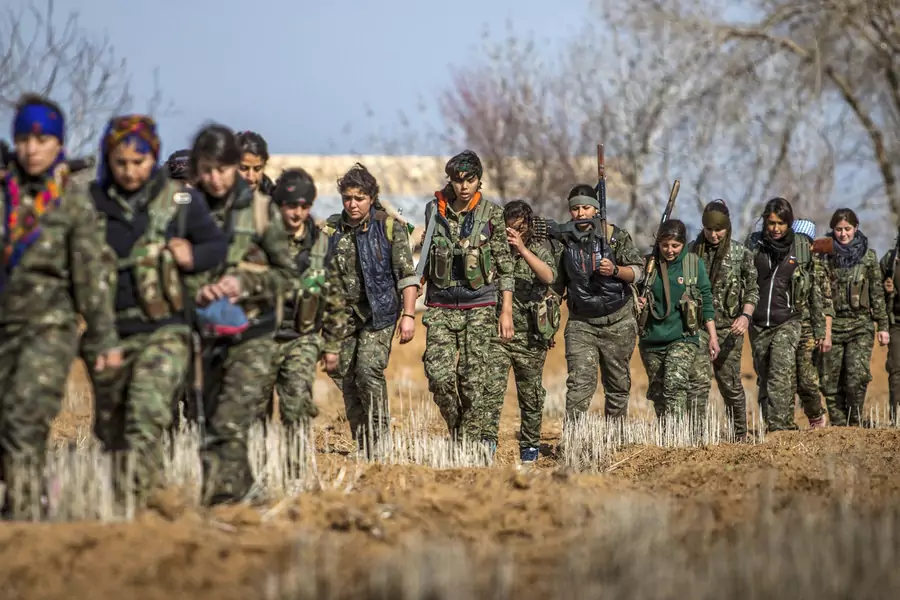Women Around the World: This Week

Women fight to liberate Raqqa
Kurdish and Arab forces, backed by U.S. air power, entered the Islamic State stronghold of Raqqa this week to begin a campaign to reclaim the group’s de facto capital, and dozens of female Kurdish fighters are among the troops. Women in Kurdish factions have participated in a number of significant clashes against the Islamic State, holding desert positions in northern Iraq and gaining considerable experience in leading battles. For example, Kurdish commander Rojda Felat—one of the top commanders of the Women’s Protection Units (YPJ), who fought groups like Jabhat al-Nusra at Ras al-Ain and the Islamic State in Kobani—is now one of the leaders of the campaign in northern Raqqa. If successful, the assault on Raqqa will deprive the Islamic State of its second largest city.
UN addresses sexual abuse in CAR
Following widespread reports of sexual abuse committed by United Nations (UN) peacekeepers—including rape, exploitation, and trafficking of women and children—the UN force commander in the Central African Republic (CAR) has asked Congolese troops to leave the country. Lieutenant-General Balla Keita cited six unaddressed reports of previous misconduct as a sign that “[t]he situation has deteriorated to the point that the battalion is no longer trustable because of poor leadership, lack of discipline, and operational deficiencies.” This week, the Ugandan military also launched an investigation into allegations of rape and assault of civilians carried out by soldiers searching for the notorious rebel group the Lord’s Resistance Army in CAR. In recent years, similar allegations have been leveled at peacekeepers and security forces from Burundi, Gabon, and France stationed in CAR.
Pension gender gap in the EU
More on:
A new report finds that the EU’s gender gap in pensions is twice as big as its pay divide between men and women. Research using nationally-collected data finds that women across the bloc receive 40 percent less than men in pensions, compared to a gender pay gap of 16 percent. Wide variations exist between countries: the pension gender gap was particularly small in the Baltic states and highest in western Europe, with a 46 percent gap in Germany. The pension gender gap reflects the pay disparity between men and women and is compounded by the greater likelihood that female employees will work part-time or take a career hiatus to provide child and elder care. Women’s lower pensions leave them at higher risk of poverty in retirement and, experts say, undervalue their economic contributions. To address the underlying causes of the gap in women’s economic participation, the European Commission recently proposed a directive on work-life balance and caregiving leave, and EU leaders have implemented policies to close the gender wage gap.
More on:
 Online Store
Online Store